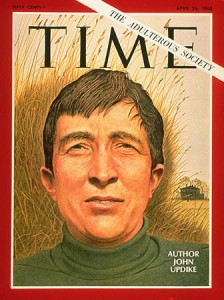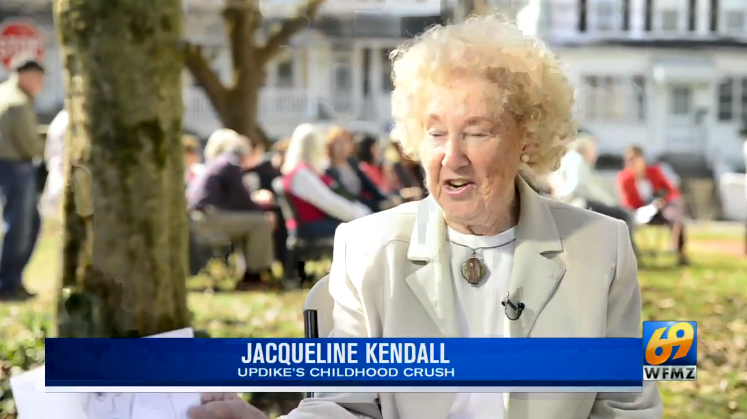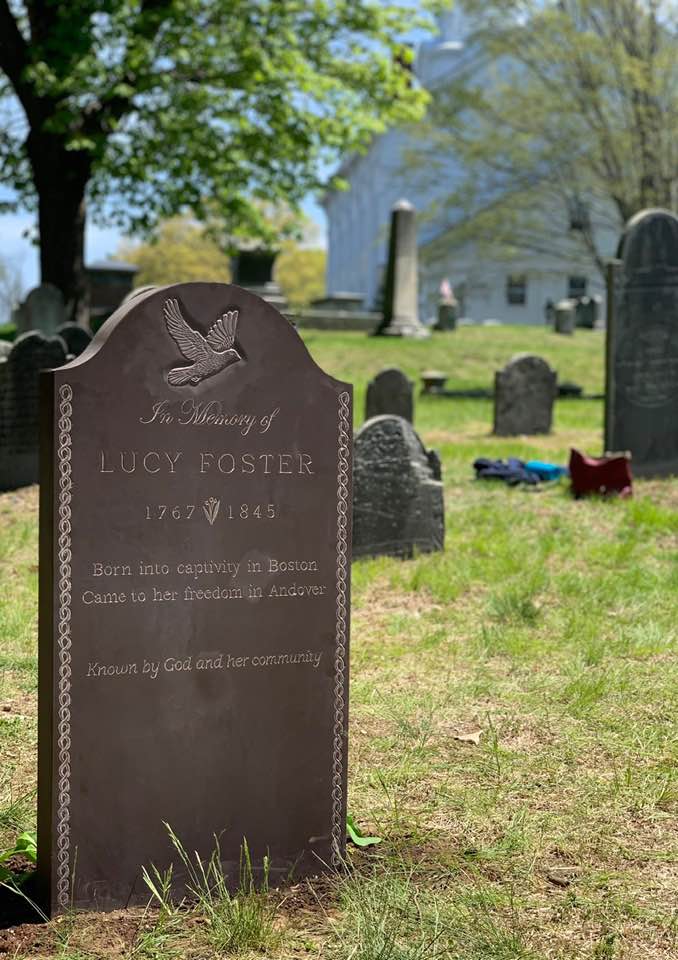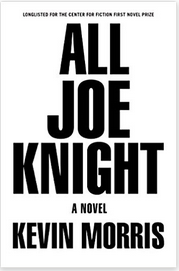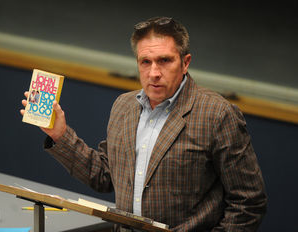 Donald Trump is in the news again (still), this time with media outlets reporting on new allegations regarding the president-elect, his ties to Russia, and a bizarre twist some in the Twittersphere are calling “#watersportsgate.” In a story titled “Americans Deserve to Know the Specific Allegations on Trump and Russia; Trump’s sex life is his own affair. But his ties to foreign autocrats—whether Russian, Chinese, or Emirati—should have been fully aired long before now,” written for The Nation by D.D. Guttenplan, the author writes about a newly revealed dossier that “accuses Trump and his campaign of knowingly conspiring with Putin’s government to influence the U.S. election in his favor, in return for an explicit promise ‘to sideline Russian intervention in the Ukraine as a campaign issue.'” The dossier also contained information of a more personal nature, that had some wondering whether it was appropriate for public dissemination.
Donald Trump is in the news again (still), this time with media outlets reporting on new allegations regarding the president-elect, his ties to Russia, and a bizarre twist some in the Twittersphere are calling “#watersportsgate.” In a story titled “Americans Deserve to Know the Specific Allegations on Trump and Russia; Trump’s sex life is his own affair. But his ties to foreign autocrats—whether Russian, Chinese, or Emirati—should have been fully aired long before now,” written for The Nation by D.D. Guttenplan, the author writes about a newly revealed dossier that “accuses Trump and his campaign of knowingly conspiring with Putin’s government to influence the U.S. election in his favor, in return for an explicit promise ‘to sideline Russian intervention in the Ukraine as a campaign issue.'” The dossier also contained information of a more personal nature, that had some wondering whether it was appropriate for public dissemination.
“But once the dossier was in circulation, among not only reporters on the intelligence and campaign beats but also politicians, intelligence officials, and law-enforcement agents—with President Obama and President-elect Trump both given official briefings on its contents—then yes, the people do have a right to know not just in summary terms but in detail what has been alleged. Even when those details include sexual conduct that many Americans (and the British daytime-television audience) might find shocking—unless, that is, they were fans of John Updike’s Rabbit Is Rich, which introduced “golden showers” into the (pardon the expression) mainstream way back in 1981.
“Diverting as the details are—and given what Trump has not just admitted but boasted of doing in the past, such practices, even if true and captured for posterity by the FSB, are hardly likely to disqualify him—the central questions remain fundamentally political. Because Trump’s resemblance to a broken clock—right about the need to restore American manufacturing, and to seek common ground with Russia on issues ranging from Iran to nuclear proliferation to combating ISIS; wrong on just about everything else—isn’t just a problem for the left. Bernie Sanders seems to have figured out a way to challenge Trump without playing into the narrative of elitist derision; the rest of us are still struggling.”
Anyone struggling to grasp the meaning of the expression “golden showers” might turn to an article written for The Daily Beast on “Wet and Wild: The History of ‘Golden Showers’; ‘Germaphobe’ Donald Trump denied being turned on by ‘golden showers.’ But the sexual practice has an endless stream of other fans.” In it, Lizzie Crocker writes,
“At the end of John Updike’s Rabbit Is Rich, the novel’s prejudiced, patriotic, angsty, lust-crazed protagonist urinates on his wife’s friend—who, in turn, urinates on him—during a vacation to Puerto Rico.
“The golden shower is an unorthodox sexual activity even for Harry ‘Rabbit’ Angstrom, whose very nickname evokes an impulsive, frenetic creature with an undiscerning sexual appetite.
“President-elect Trump has insisted he’s never read the book, but given his contempt for the truth and the now-infamous, unverified report that he enjoys being peed on, one wonders if our soon-to-be POTUS’s particular sexual proclivity was inspired by Updike’s fictional American everyman?”
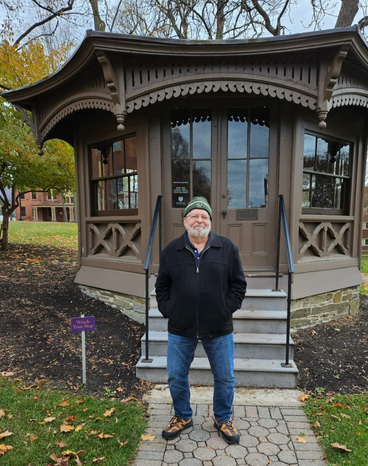 James Plath, whose most recent published criticism—”Updike’s ‘Wife-Wooing’: The Seven Year Itch and the Soliloquy of Seduction”—appeared in The John Updike Review Vol. 10, No. 1 (Fall 2023), recently spent two weeks researching an essay on Mark Twain and John Updike as a Quarry Farm Fellow.
James Plath, whose most recent published criticism—”Updike’s ‘Wife-Wooing’: The Seven Year Itch and the Soliloquy of Seduction”—appeared in The John Updike Review Vol. 10, No. 1 (Fall 2023), recently spent two weeks researching an essay on Mark Twain and John Updike as a Quarry Farm Fellow.

